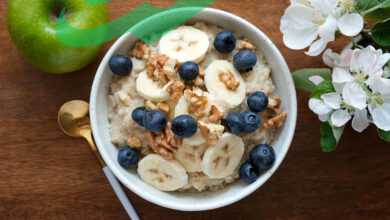Avocado Protein: The Superfood You Need Now
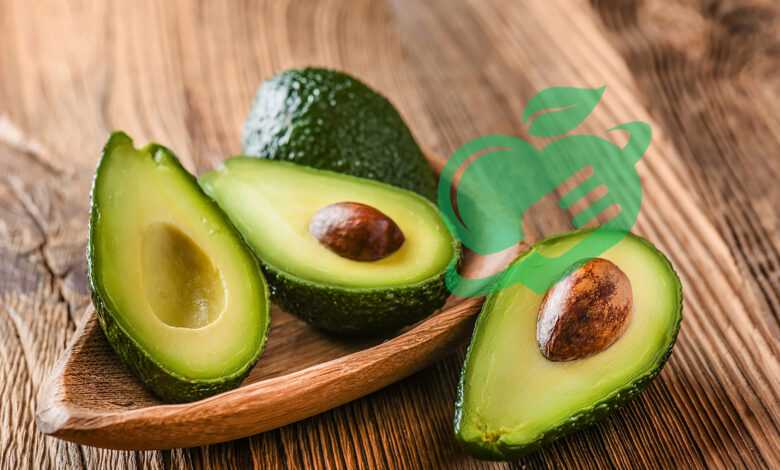
What is Avocado Protein?
When one thinks of avocados, images of creamy guacamole and trendy avocado toast often come to mind. However, many may wonder, “Does avocado have protein?” The answer is a resounding yes! Avocado protein refers to the protein content found in avocados, which, while not as rich as animal sources, offers a noteworthy plant-based option. An avocado typically contains about 4 grams of protein per fruit, and it’s packed with essential amino acids, making it a delightful means of supporting your daily protein intake. It’s important to note that the protein in avocado is complemented by healthy fats, primarily monounsaturated fats, which provide additional nutritional benefits. Incorporating avocado protein into a balanced diet can be a smart alternative for vegetarians and those looking to diversify their protein sources.
Nutritional Value of Avocado Protein
The nutritional value of avocado protein is not limited to its protein content alone; it has an impressive nutritional profile that contributes to various bodily functions. Here is a breakdown of what you can expect from one avocado:
- Calories: Approximately 240
- Protein: 4 grams
- Healthy fats: 22 grams (mostly monounsaturated fat)
- Fiber: 10 grams
- Vitamins and Minerals:
1- Vitamin K: 26% of the DV
2- Folate: 20% of the DV
3- Vitamin C: 17% of the DV
4- Potassium: 14% of the DV
Like many people, the first time I discovered that avocados contain protein, I was pleasantly surprised. I recall making a breakfast smoothie with a ripe avocado, banana, and a splash of almond milk. Not only was the taste creamy and delicious, but I also felt satisfied and energized throughout my morning—thanks in part to the protein and healthy fats. Additionally, due to the fiber content, avocados help promote feelings of fullness, making them an excellent choice for anyone looking to control their appetite. Whether blended into a smoothie or sliced atop a salad, recipes with avocado protein can be both delicious and nutritious.
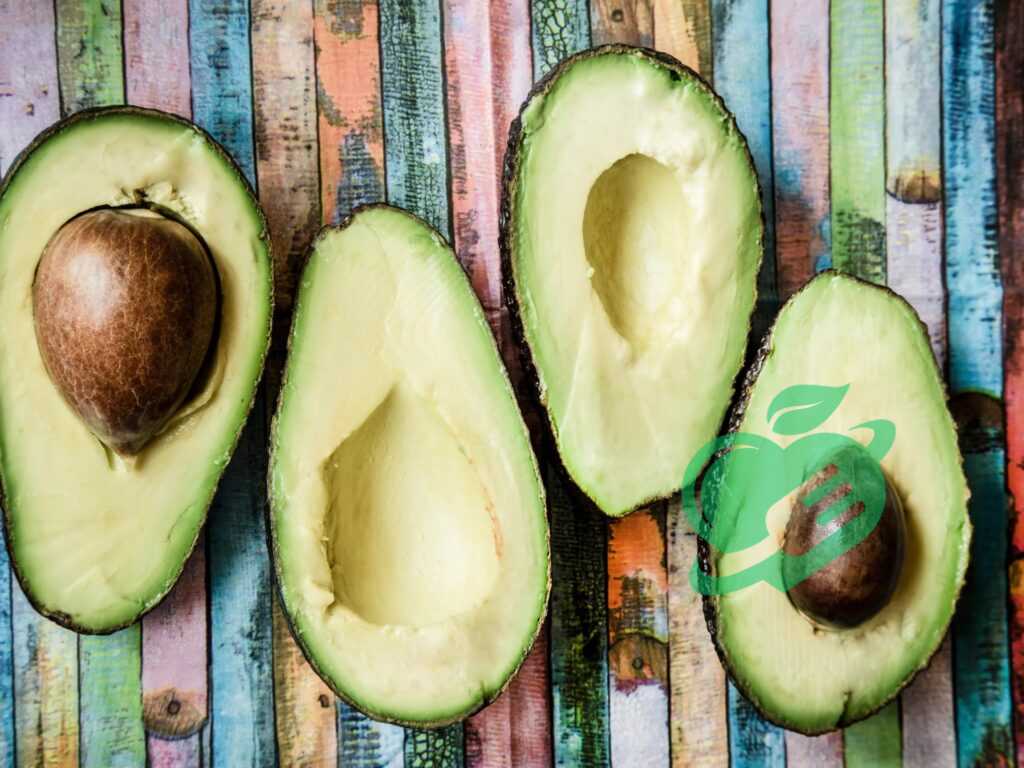
Benefits of Avocado Protein
Supports Muscle Building
Building muscle can be a challenging endeavor, especially if one’s diet lacks sufficient protein. Many fitness enthusiasts have found that incorporating avocado protein into their meals offers an excellent means of supporting muscle development. While avocados are not the highest in protein compared to traditional sources, their unique blend of nutrients contributes positively. For those focused on muscle building, the protein in avocado provides amino acids that are essential for muscle repair and growth after workouts. Notably, the healthy fats in avocados also play a key role in hormone production, including those related to muscle growth. Consider including avocados in your post-workout meals. For instance, blending an avocado into a protein shake not only enhances the creaminess but also amplifies the nutritional value, giving you the necessary support for muscle recovery.
Aids Weight Management
In the quest for effective weight management, many are turning to foods that provide more than just empty calories. Avocado protein is one such powerhouse. Thanks to its high fiber content and healthy fats, consuming avocados can help keep you feeling full for longer, reducing the temptation to snack mindlessly. Here are some ways avocado protein aids in weight management:
- Satiety: The fiber and fats in avocados can curb hunger, leading to fewer overall calories consumed.
- Nutrient-Dense: Avocados are rich in vitamins and minerals, allowing you to nourish your body without excessive calorie intake.
- Versatility: They can be easily added to salads, sandwiches, and smoothies, making healthy eating both convenient and enjoyable.
From personal experience, I noticed that after incorporating avocado into my lunch, I wasn’t reaching for those mid-afternoon snacks like I used to. Instead, I felt satisfied and focused, allowing me to power through the day.
Boosts Metabolism
Another compelling benefit of avocado protein is its ability to boost metabolism. The healthy fats present stimulate the burning of calories and promote efficient nutrient absorption. This means that your body is not only using what you eat effectively but can also maximize energy expenditure. Some key aspects of how avocado protein can enhance metabolism include:
- Energy Source: The fats provide a quick energy source while also supporting metabolic function.
- Nutrient Absorption: Consuming avocado with other foods can enhance the absorption of fat-soluble vitamins A, D, E, and K, ensuring your body utilizes the nutrients effectively.
- Weight Maintenance: By supporting metabolism, avocados play a role in maintaining a healthy weight, which is essential for overall health.
On a personal note, after adding avocado to my breakfast routine, I felt a noticeable increase in my energy levels throughout the day. It seemed to kickstart my metabolism, giving me the momentum I needed to tackle both workouts and daily tasks effectively. In summary, the benefits of avocado protein are multi-faceted—supporting muscle building, aiding in weight management, and boosting metabolism. Integrating avocados into your diet can be a tasty decision that supports your health and wellness goals.
Read also: Delicious Avocado Egg Salad in 10 Minutes
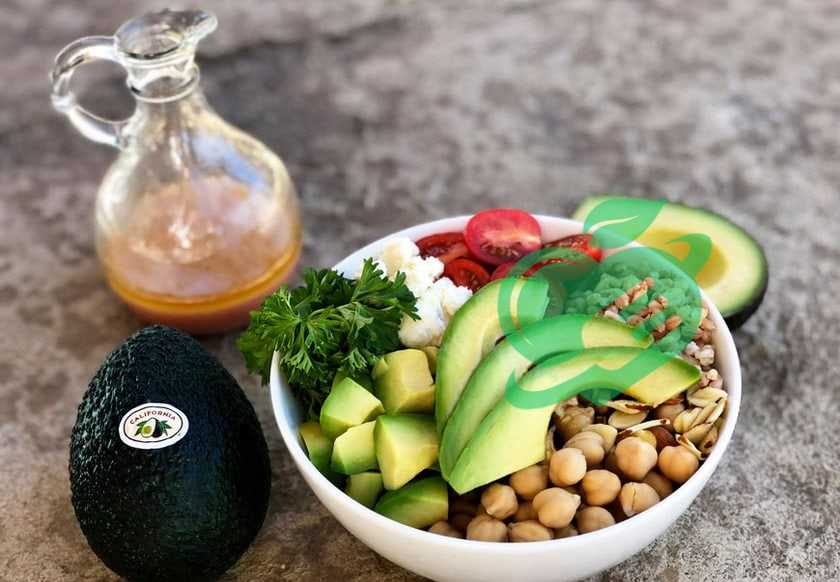
Avocado Protein Recipes
Avocado Protein Smoothie
A delicious way to start the day is with an invigorating Avocado Protein Smoothie. This quick blend not only gives you a boost of energy but also packs in protein, healthy fats, and essential vitamins. I whip this smoothie up on busy mornings, and it keeps me full until lunch. Ingredients:
- 1 ripe avocado
- 1 banana
- 1 cup of spinach (optional for an extra nutrient punch)
- 1 cup of almond milk (or milk of choice)
- 1 tablespoon of chia seeds or protein powder (if desired)
- Honey or maple syrup to taste (optional)
Instructions:
- Combine all the ingredients in a blender.
- Blend until smooth and creamy.
- Pour into a glass, add a straw if you like, and enjoy!
This smoothie is easy to customize. Sometimes I add a scoop of peanut butter or a sprinkle of cinnamon, depending on my mood. It’s the perfect balance of creaminess and nutrition, providing a fantastic start to the day.
Avocado Protein Salad
Next up is the Avocado Protein Salad, which is not only refreshing but also a satisfying dish that can work for lunch or as a side. This salad is a combination of vibrant ingredients that come together beautifully, and it’s a delightful way to make use of avocado protein. Ingredients:
- 1 ripe avocado, diced
- 1 can of chickpeas (drained and rinsed)
- 1 cup of cherry tomatoes, halved
- 1 cucumber, diced
- A handful of arugula or mixed greens
- 2 tablespoons of olive oil
- Juice of 1 lemon
- Salt and pepper to taste
Instructions:
- In a large bowl, combine the avocado, chickpeas, cherry tomatoes, cucumber, and greens.
- Drizzle with olive oil and lemon juice.
- Season with salt and pepper, then toss gently to combine.
This salad is perfect for meal prep. You can make a large batch and store it in the fridge; simply add the dressing when you’re ready to serve. The chickpeas and avocado provide a hearty dose of protein, making it filling and satisfying.
Avocado Protein Bowl
Finally, let’s not overlook the Avocado Protein Bowl—a versatile dish that can be enjoyed any time of the day. Virtually anything can go in this bowl, making it a great option for using up leftovers, while still providing that creamy avocado goodness. Base Ingredients:
- 1 cup of cooked quinoa or brown rice
- 1 ripe avocado, sliced
- 1/2 cup of black beans (canned or cooked)
- 1/2 cup of corn
- Salsa or pico de gallo
- Fresh cilantro for garnish
Instructions:
- Start by placing the quinoa or rice at the bottom of your bowl.
- Layer with black beans, corn, sliced avocado, and top with salsa.
- Garnish with fresh cilantro for a burst of flavor.
This bowl offers a complete meal in one bite! It’s protein-packed, and you can easily switch up ingredients based on your preference—sometimes I add grilled chicken or shredded cheese for extra flavor. Overall, these avocado protein recipes showcase the versatility and deliciousness of incorporating avocado protein into everyday meals. Whether you’re starting your day with a smoothie or enjoying a hearty salad or bowl, the possibilities are endless. It’s a delicious, nutritious journey worth exploring!
Read also: Best Build Muscle Supplements You Need to Try Now.
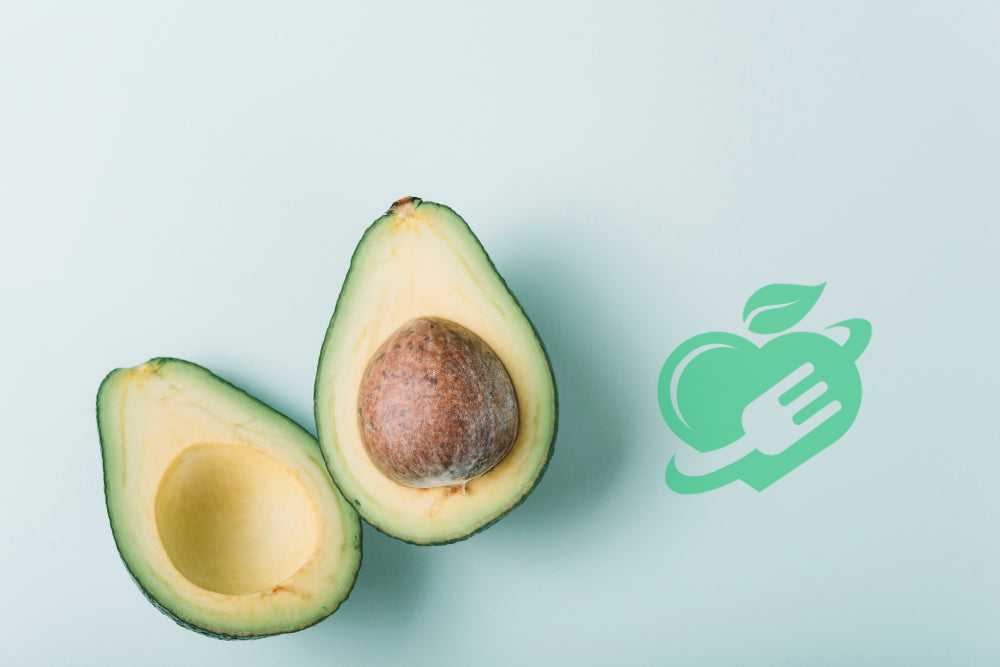
Incorporating Avocado Protein in Your Diet
Snack Ideas
Now that we’ve explored fantastic recipes strutting their avocado protein prowess, let’s dive into practical ways to incorporate this nutrient-dense fruit into your snacks. Snacking doesn’t have to mean mindless munching; with avocados, it can be both healthy and satisfying. Here are some delicious avocado snack ideas:
- Avocado Toast: This classic is a staple in many households. Simply mash avocado on whole-grain toast and sprinkle with salt, pepper, and optional toppings like red pepper flakes or a drizzle of balsamic glaze. It’s filling yet light!
- Avocado Hummus: Combine half an avocado with chickpeas, tahini, lemon juice, and garlic in a blender for a creamy dip perfect for veggies or whole-grain crackers.
- Stuffed Avocado: Halve an avocado and fill the center with a mix of tuna or chicken salad. It’s portable, packed with protein, and makes for a satisfying snack.
- Avocado Fruit Salad: Dice up avocado, and mix it with mango, pineapple, and a squeeze of lime for a refreshing and sweet treat.
- Avocado Chips: For a crunchy option, slice avocados thinly, sprinkle with sea salt, and bake until crispy. It’s a unique twist on traditional chips!
I remember trying avocado hummus for the first time at a friend’s gathering. It was a hit among everyone, and I found myself constantly reaching for it, enjoying the creamy texture and innovative twist on a familiar snack.
Meal Planning Tips
Incorporating avocado protein into everyday meals requires a little prep. Meal planning can save you time and ensure you consistently include this nutritious fruit. Here are some tips to integrate avocados into your meal plan efficiently:
- Batch Preparation: Prepare guacamole or avocado salad in larger quantities. Store them in airtight containers to eat throughout the week. This is a great way to avoid waste and use avocados before they over-ripen.
- Theme Days: Consider assigning specific days for avocado-centric meals, like Meatless Mondays with an avocado protein salad or Taco Tuesdays featuring avocado as a topping.
- Versatility: Avocado can be a side, main ingredient, or topping. Planning dishes like avocado protein bowls, omelets with diced avocado, or smoothies can help you cover all meals of the day.
- Check Ripeness: When purchasing avocados, select a few that are ripe and a couple that are slightly under-ripe. This way, you can optimize usage throughout the week; ripe avocados for the first couple of days, with the others ready toward the end of the week.
In my own meal planning experience, I’ve found that keeping an eye on the ripeness of avocados truly informs what I choose to prepare. This way, I efficiently prevent any from going bad and consistently enjoy their creamy goodness! Overall, incorporating avocado protein into your diet isn’t just easy; it’s incredibly delicious! With simple snack ideas and meal-planning strategies, anyone can fully embrace the benefits of avocados. It’s a delightful journey toward better nutrition!
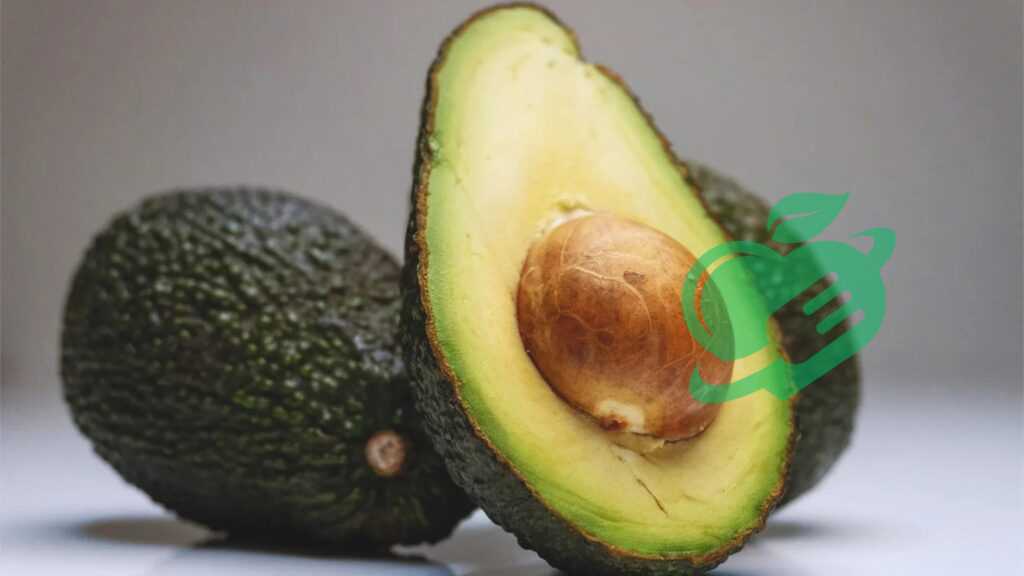
Potential Side Effects and Considerations
Allergies and Sensitivities
While avocados are celebrated for their numerous health benefits, it’s essential to recognize that they are not suitable for everyone. One of the potential side effects to be aware of includes allergies or sensitivities to avocados. Although relatively rare, some individuals may experience adverse reactions when consuming this popular fruit. Here are a few points to consider regarding avocado allergies:
- Latex-Avocado Syndrome: Some people who are allergic to latex may also have a sensitivity to avocados. This is due to similar proteins found in both. Symptoms can vary but may include itching, swelling, or even digestive upset.
- Gastrointestinal Issues: For those with certain digestive conditions, avocados may cause discomfort. Their high-fat content, while healthy, can lead to feelings of fullness or cause bloating in some individuals, especially if consumed in large quantities.
From my own experiences, I remember a friend who loved avocados but later realized they made her feel uncomfortably bloated. After consulting with a doctor, she learned that her body had trouble digesting them. It was a surprise for both of us, highlighting the importance of listening to one’s body. If you suspect you’re experiencing adverse reactions to avocados, it’s wise to consult with a healthcare professional to determine the root cause. Being well-informed can lead to better dietary choices that suit your unique health needs.
Read also: Satisfy Your Cravings: 20 Healthy Snacks That Won’t Sabotage Your Diet.
Moderation and Portion Control
Another essential consideration when incorporating avocado protein into your diet is moderation. Despite their health benefits, avocados are calorie-dense due to their fat content. This doesn’t mean they should be eliminated; rather, one should be mindful of how much is consumed. Here are a few tips for practicing moderation:
- Serving Size: A typical serving of avocado is around one-third to one-half of a fruit, which translates to about 80 to 120 calories. Keeping this in mind can help prevent excessive calorie intake while still reaping the benefits.
- Balanced Diet: Ensure that avocados complement a well-rounded diet. While they are nutritious, it’s important not to focus solely on one food. Combine avocados with other foods that provide a variety of nutrients.
- Monitor Overall Fat Intake: Since avocados are high in healthy fats, keeping track of your total daily fat intake can help maintain balance. This is especially crucial for those who are actively trying to manage their weight.
I’ve learned the importance of portion control through my snacking habits. Initially, I would spread avocado on toast generously until I realized I could get the same satisfaction from a smaller amount while enjoying other foods as well. This way, I didn’t miss out on deliciousness while still feeling good about my choices. In conclusion, while avocado protein offers a myriad of health benefits, being aware of potential allergies and practicing moderation is vital. By considering these factors, one can confidently enjoy the creamy delight of avocados while supporting their overall health goals. Balancing avocado consumption ensures that it remains a delightful addition to a diverse and nutritious diet!
Read also: The Ultimate Fiber Snack List for Health-Conscious Snackers.
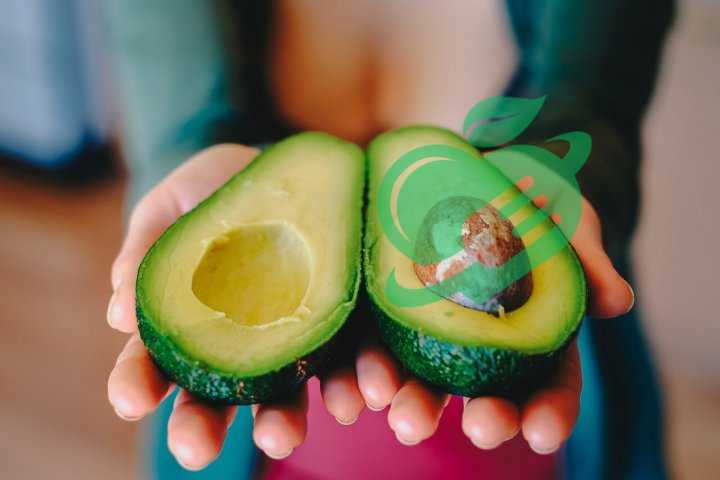
Conclusion
Recap of Avocado Protein Benefits
As we wrap up our exploration of avocado protein, it’s worth taking a moment to reflect on the numerous benefits it offers. Avocados have proven to be more than just a culinary trend; they are a powerhouse of nutrition that can significantly enhance one’s health and wellness. Here’s a quick recap of the key benefits of incorporating avocado protein into your diet:
- Supports Muscle Building: With its blend of protein, healthy fats, and essential nutrients, avocado protein can aid in muscle repair and growth, making it a fantastic addition to post-workout meals.
- Aids Weight Management: Packed with fiber and healthy fats, avocados promote satiety, helping to curb unnecessary snacking, and support overall weight control.
- Boosts Metabolism: The healthy fats in avocados may enhance metabolic function, providing a natural energy source while aiding nutrient absorption.
- Versatile in Recipes: From smoothies to salads and bowls, avocados can be seamlessly integrated into various meals for added flavor and nutrition.
Reflecting on my own experience with avocados, I’ve noticed how they have transformed my eating habits. Initially an occasional treat, they’ve become a staple in my kitchen. Beyond their delicious taste, I appreciate how they contribute positively to my overall health and how satisfying they are in meals.
Read also: Protein diet: How much do you lose weight per week?
Final Recommendations
As you embark on your journey to incorporate more avocado protein into your diet, here are some final recommendations to keep in mind:
- Experiment with Recipes: Don’t hesitate to try new dishes featuring avocado protein. Whether it’s a smoothie, salad, or topping for your favorite meals, the versatility makes it easy to enjoy its nutritional benefits in various forms.
- Listen to Your Body: Pay attention to how your body responds to avocados. While they offer numerous health benefits, some individuals may need to monitor portion sizes or their overall intake due to personal sensitivities.
- Practice Moderation: As mentioned earlier, balance is key! Aim for appropriate serving sizes and ensure your diet includes a variety of other fruits, vegetables, whole grains, and proteins for optimal nutrition.
- Stay Informed: Continue learning about the health benefits of avocado and other plant-based proteins. The landscape of nutrition is always evolving, and being informed can help you make the best choices for your health.
Frequently asked questions
How much protein is in 100g of avocado?
Delving deeper, 100 grams of avocado contains approximately 1.6 grams of protein. In comparison, numerous vegetables and legumes offer a greater protein content than avocados. For instance, green peas provide around 6 grams of protein per 100 grams, whereas lentils have about 25 grams per 100 grams. 1
Do avocados build muscle?
It is abundant in folic acid (also known as vitamin B9), which is essential for protein absorption. This is an excellent way to encourage muscle growth! Additionally, folic acid helps control various hormones, including growth hormone, which further supports muscle development. 2
How much protein is in 1kg of avocado?
20g of protein 3
Can I eat eggs and avocado every day?
This combination should be consumed in moderation. According to the expert, “the best way to avoid overindulging in fats and calories is to enjoy half an avocado with two eggs, ideally hard-boiled, no more than a few times each week.” They also provide five compelling reasons to opt for this meal pairing. 4
Is avocado protein for hair?
Avocados are a great source of protein and Vitamin B, both of which are crucial for maintaining healthy hair. Additionally, the healthy fats and Vitamin E found in avocados contribute to making hair strong, healthy, soft, and shiny. 5
Your body is a mirror of what you eat, so make your food your source of strength and health. Choose with love and awareness what nourishes your body and soul, and be a friend of nature and its colors on your plate, because proper nutrition is the key to a life full of energy and wellness. Follow us constantly, as we strive to provide more useful articles and reliable information that make a difference in your daily life and help you achieve your health goals.
- arlafoods ((↩))
- avocadosfrommexico ((↩))
- fatsecret ((↩))
- lacucinaitaliana((↩))
- mielleorganics ((↩))

